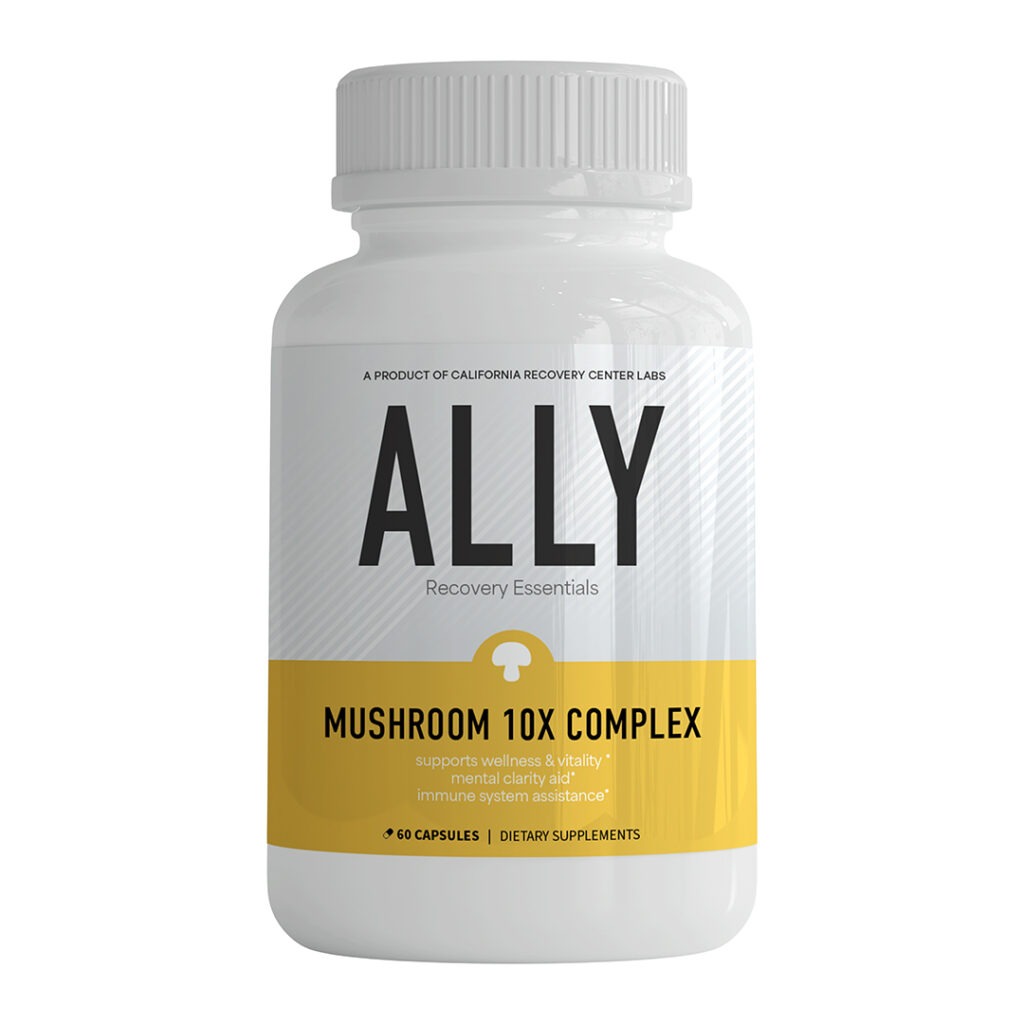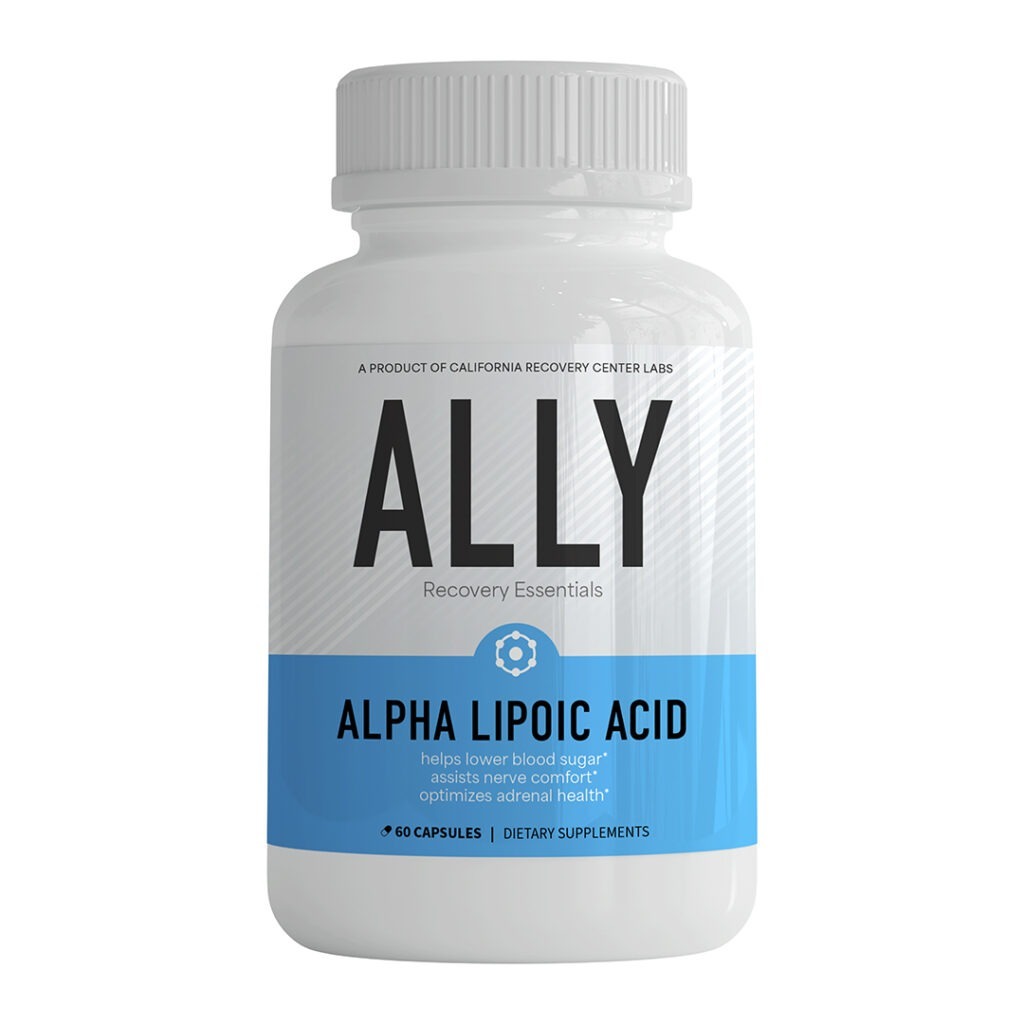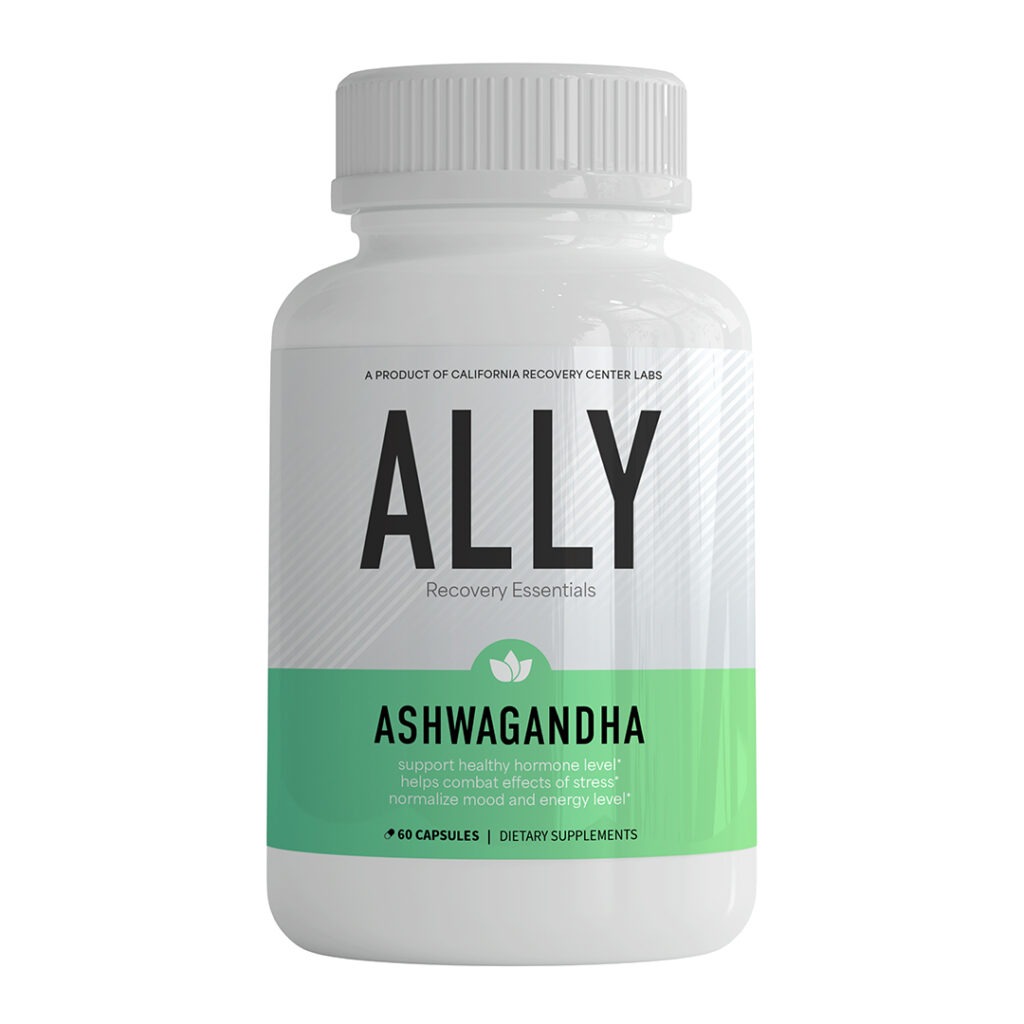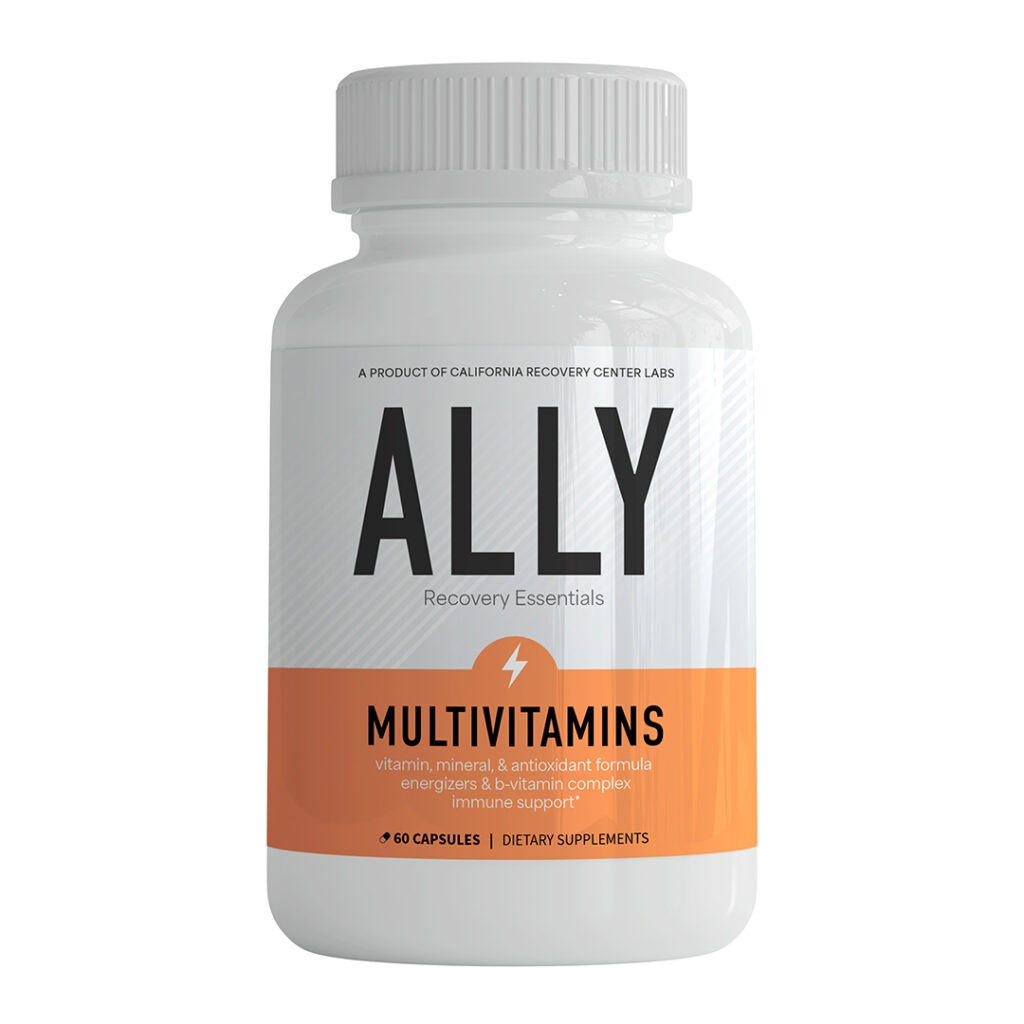Cravings are common obstacles faced by individuals during their recovery journey. They may seem irresistible, but managing cravings is an essential step for maintaining sobriety and achieving long-term success. There are ways to control cravings, such as by improving nutrition. In this blog post, we’ll explore how supplements reduce cravings, manage triggers, and boost willpower for a successful path to sobriety.
Understanding Cravings and Triggers
Understanding cravings and learning how to manage them are crucial to recovery. Cravings are responses to internal or external cues caused by several triggers. Psychological triggers involve thoughts, beliefs, and attitudes toward addictive behaviors. Emotional factors are associated with mood swings or intense feelings like anxiety or depression. Physical causes involve the body’s responses to substances, while environmental factors are the type of surroundings in which one used substance before. Social factors may include peer pressure and cultural norms. Recognizing these triggers may be the first step to developing strategies to manage cravings.
Natural Supplements to Reduce Cravings
Recovery requires forming new habits, such as those related to nutrition. Natural supplements may aid in nutrition and can address the underlying nutrient imbalances in the body. Here are some of the natural supplements that may help in managing cravings during recovery:




- Lion’s mane mushroom. This mushroom contains compounds such as hericenones and erinacines, which have been studied for their neuroprotective properties. By aiding in mood regulation, it may potentially reduce cravings linked to imbalances of neurotransmitters such as dopamine and serotonin.
- Alpha Lipoic Acid. By enhancing liver function and supporting the detoxification processes, this naturally occurring compound aids in reducing cravings. It also stabilizes blood sugar and improves insulin sensitivity.
- Ashwagandha. As an adaptogenic herb, ashwagandha can help the body adapt to stress, reduce cortisol levels, and promote relaxation. Regulating mood and energy levels are also some of its benefits that may help manage triggers during recovery.
- Green tea extract. It contains compounds like catechins and caffeine that have been shown to have appetite-suppressing effects, which may promote feelings of fullness, thus resisting cravings for unhealthy foods or substances. It also contains L-theanine, which reduces stress and anxiety, which are common triggers during recovery.
Tips on How to Handle Triggers
Here are some tips to help you deal with triggers and reduce cravings during recovery:
- Identify triggers. The first step to effectively managing triggers is to identify them, since it can provide insight into the underlying reasons that provoke cravings or unhealthy behaviors.
- Developing coping strategies. Making a comprehensive plan that focuses on coping strategies to manage and overcome cravings can help people stay focused on their recovery goals, avoid relapse, and build healthy habits.
- Creating a support network. Building a support system can be an effective way to overcome cravings because it provides encouragement, accountability, assistance, and emotional support throughout the journey.
- Seek professional help. There are times when cravings and triggers may cause significant setbacks in your recovery journey. It may be an instrumental step to seek professional help because a therapist or counselor can develop a more personalized approach to better address specific needs in your recovery.
Incorporating Supplements into Your Recovery Toolkit
Natural supplements can be a valuable tool for managing cravings and boosting willpower since they provide a comprehensive approach to recovery. As there are many natural supplements available on the market, it is important to seek professional help from a healthcare provider first before taking them. Moreover, prioritize other aspects of self-care, such as a healthy diet, regular exercise, and stress management techniques.
Cravings are a common challenge in your recovery journey, but they are manageable and can be conquered with the right support and strategies. Natural supplements can offer a complementary approach to dealing with cravings, handling triggers, and addressing underlying imbalances. With determination, support, and the right tools, cravings can be conquered, triggers can be managed, and a healthier and longer-lasting recovery can be achieved.

